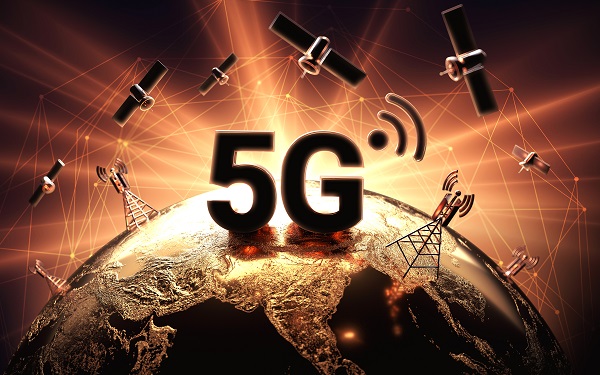A new report published by the United States Patent and Trademark Office (USPTO), “Patenting Activity among 5G Technology Developers,” concludes that there is global competition in 5G innovation, with no one company dominating the field.
“5G and later-generation wireless communications technologies will touch every aspect of the lives of U.S. workers and businesses and help close the digital divide,” said United States Secretary of Commerce Gina Raimondo. “The Department of Commerce fully supports investments and American leadership in advanced wireless research, including 5G technologies.”
“From the personal computer to satellite technology, the last few decades of technological innovation have dramatically changed the way we live,” said Drew Hirshfeld, Performing the Functions and Duties of the Under Secretary of Commerce for Intellectual Property (IP) and Director of the USPTO. “These patents support a vibrant digital economy that enables more citizens to benefit from the promise of 5G wireless communications networks.”
Unique among studies on 5G patenting activity, this report examines overall patenting trends as well as trends in patent filings and value indicators in the four most-patented 5G-related technologies. The report shows that six companies—Qualcomm, Ericsson, Huawei, LG, Nokia, and Samsung—consistently filed more 5G-related patent applications in the last decade. The report also examines a subset of applications filed in 2010-2021 in four critical 5G technologies: (1) management of local wireless resources; (2) multiple use of transmission path; (3) radio transmission systems; and (4) information error detection or error correction in transmission systems. In these four areas, Qualcomm and LG emerged as the most active, followed by Samsung, Huawei, Ericsson, and Nokia.
The report concludes that its analysis “supports the finding that the United States remains highly competitive in 5G innovation.”
5G is a new global wireless standard that offers higher data speeds, greater capacity, and improved reliability to better connect networked devices. The report was produced in support of the 2021 National Strategy to Secure 5G Implementation Plan, which calls on the U.S. government to “[attain] an informed understanding of the global competitiveness and economic vulnerabilities of United States 5G manufacturers and suppliers.”

